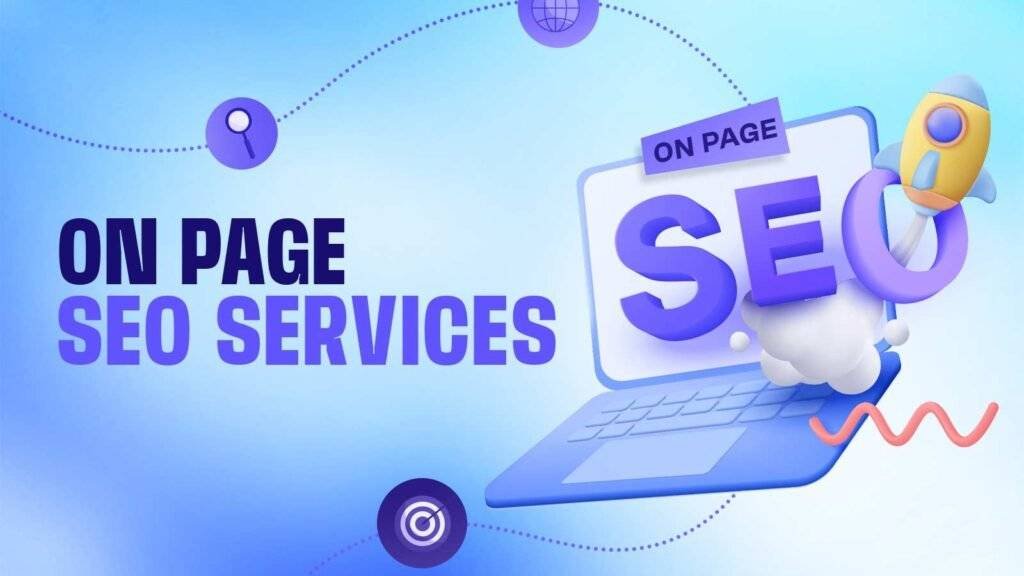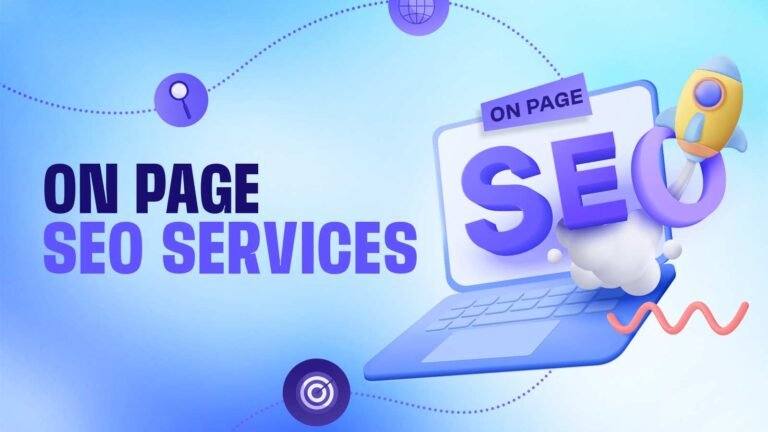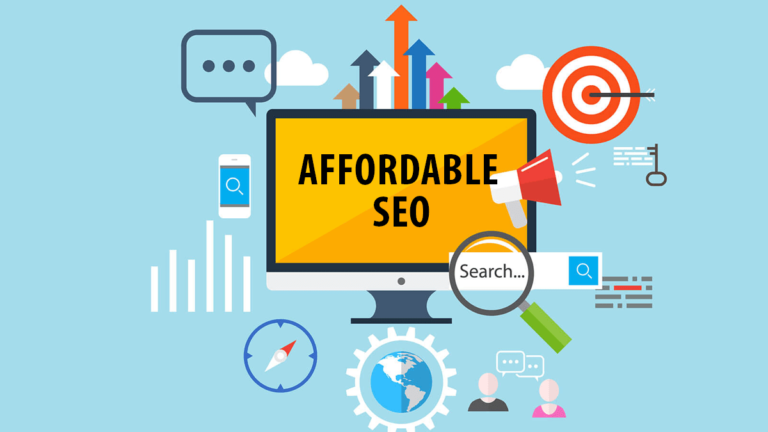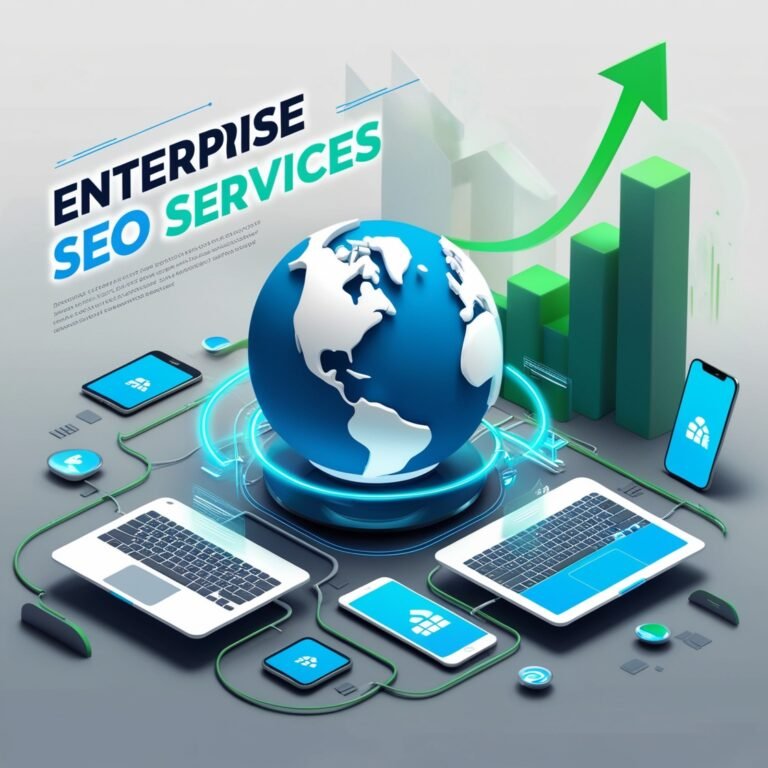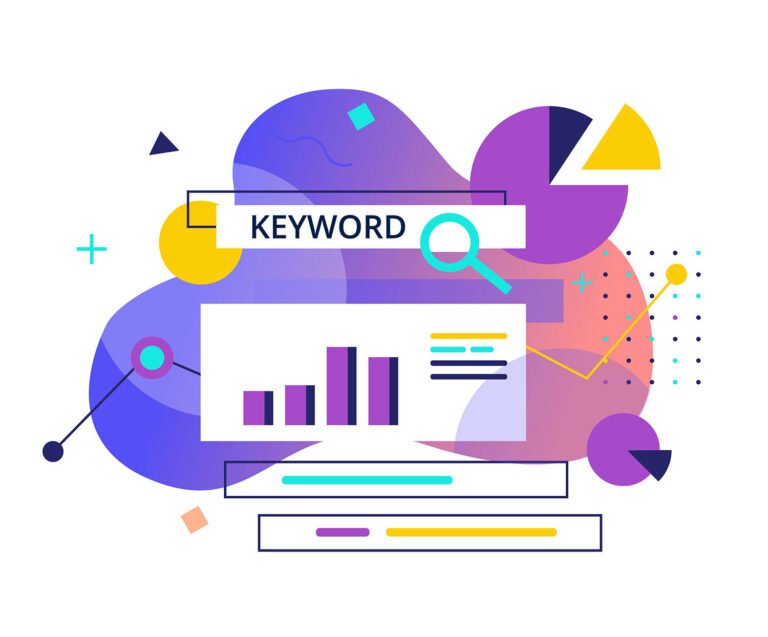What is SEO?
Search Engine Optimization (SEO) refers to the set of techniques that can be developed in order to improve the optimization of a website for search engines. Basically, all those actions that you can and should take to appear as high as possible in the Google ranking.
Its objective is to attract greater “organic traffic,” that is, traffic obtained without any advertising expenditure that positions you among the advertisers of the platform in question. Traffic acquired naturally thanks to the optimization of your web content and other types of actions.
For example, if you search for any term on Google, you will find a series of results with the tag ad. All of this is categorized as sponsored traffic and is covered by search engine marketing services.
Advantages of Using SEO Services
More Credibility and Trust in the Brand
Being listed on Google’s top page boosts your reputation with clients. Google uses dozens of criteria to rank webpages. Although most customers don’t consider these signals, they trust Google to choose the best results.
The Key to Greater Visibility
Organizations looking to create an influential presence must be visible on the web. However, if you’re not on the first page, chances are you’re not getting clicks or promoting your brand. Nowadays, SEO is essential for your business.
Great Return on Investment
Search engines offer a rate close to 14%, almost 12% higher than traditional marketing. However, if your website is at the bottom of the page, you will not get any traffic, hence the importance of proper optimization for your business.
ON Page SEO

On Page refers to any type of SEO action that can be carried out inside, within, the website itself. That is, the focus is on the optimization of internal factors: web architecture, internal linking, correct distribution of titles, or keyword density, among many other examples.
It is important to hire an on-page service with a professional SEO agency because the tasks required are usually quite specific.
On-page SEO refers to content SEO and technical SEO. Without on-page SEO, it is impossible to achieve high rankings, so make sure you understand the different types of on-page SEO and how to address each one.
On-page SEO measures: Content SEO
Here we will explain in detail how to tackle content SEO within on-page SEO.
Here are some tips to enhance the SEO of your content:
Choose the right keywords
Choosing the right keywords is an important part of content SEO. Even if you create the best content possible, if it does not meet the needs of your keywords, it will not be attractive to users.
A mismatch between keywords and content can have a negative impact on rankings and conversions.
Use keywords casually
While keywords are useful, you should be cautious not to utilize too many of them.
If you overuse keywords, it will make it more difficult for users to find your page, so use them moderately and without making it look unnatural.
Write quality essays
Quality writing is extremely important in content SEO from a usability perspective. Providing your users with high-quality material will also help your website get more reputation.
If a user judges the quality of the text to be low, they may leave the site early without reading it to the end, so be sure to keep the following points in mind.
Create quality outbound links to external sites
When it comes to measures to improve SEO effectiveness, “inbound links” from other websites are well-known, but “outbound links” are links to high-quality external sites. are also effective.
Take EEAT Measures
The evaluation indicators in the Google Search Quality Evaluation Guidelines are called EEATs, which stand for “experience,” “expertise,” “authoritativeness,” and “trust.”
Experience
Experience is a concept that evaluates whether the content posted is based on actual experience.
Expertise
Expertise is a concept that evaluates whether or not the content creator has specialized knowledge or skills in a particular field.
Authoritativeness
The idea of “authoritativeness” assesses a content creator’s level of influence or authority in their industry.
Trustworthiness
Trustworthiness is a concept that evaluates whether the content posted is trustworthy.
On-page SEO measures: Technical SEO

Here we will explain technical SEO in terms of on-page SEO.
Optimize your HTML
Optimizing your HTML is essential to ensure search engines understand your content. This will also affect user behavior, so be sure to take proper measures.
Set the title tag
A title tag is an HTML tag that allows you to display the page title in search results, bookmarks, browser tabs, etc. Setting title tags is not only important for SEO, but it is also a very important factor that affects user click-through rates.
Utilizing meta tags
Meta tags are tags that convey content information, such as keywords and summaries, to search engines and browsers.
In particular, the meta description, which is a description of the content and appears below the title on the search result screen, is extremely important because users look at the description to determine whether it contains the information they are looking for.
Use appropriate headings (h tags)
Be sure to use “h tags” properly, as they serve as headings for your web pages.
H tags can be expected to have an SEO effect because they make it easier for users to read through the text and understand the content, and they also make it easier for Google crawlers to understand the content and structure of a web page.
Add alt attributes to images
Not only text but images also need to be optimized.
Since Google crawlers cannot understand the content of images, images are tagged with alt attributes, also known as “alternative text,” to describe what the image is about. Adding alt tags makes it easier for more than just Google crawlers to understand your content.
Optimize your site structure
The last measure in the technical SEO section is optimizing the site structure.
Optimizing your site structure is a beneficial strategy for both users and search engines, so be sure to pay attention to the following points.
Make URL Clear
Make sure your URL is simple and easy to understand. URLs are considered important as one of the means of communicating the content and information of a website or web page to users and search engines.
Do internal linking properly
Proper internal linking is a very important SEO strategy. By collecting internal links to important pages on your site, search engines will recognize the importance of those pages and may rank them higher.
Proper internal linking also helps search engines crawl more efficiently, reducing the time it takes for crawlers to index your pages and show them in search results.
Page Experience
Page experience is an index proposed by Google to measure the ease of use when a user visits a website.
You can check the Page Experience of your site in the Page Experience section of the Google Search Console provided by Google.
Conclusion
SEO is more than just a digital marketing buzzword; it’s a crucial aspect of online success. Whether you’re a small business owner, blogger, or enterprise, mastering SEO can lead to more organic traffic, better brand visibility, and higher revenue. On-page SEO is the backbone of any successful SEO strategy. By focusing on optimizing elements within your website—such as content, HTML tags, internal linking, and site structure—you can significantly enhance your search engine rankings and user experience.
For those looking to get professional help with their SEO strategy, consider leveraging the expertise of The Freelance Hub. We specialize in comprehensive SEO services, from on-page and off-page optimization to technical SEO audits and keyword research. We offer tailored solutions that drive results, helping you achieve higher rankings and better online visibility.
